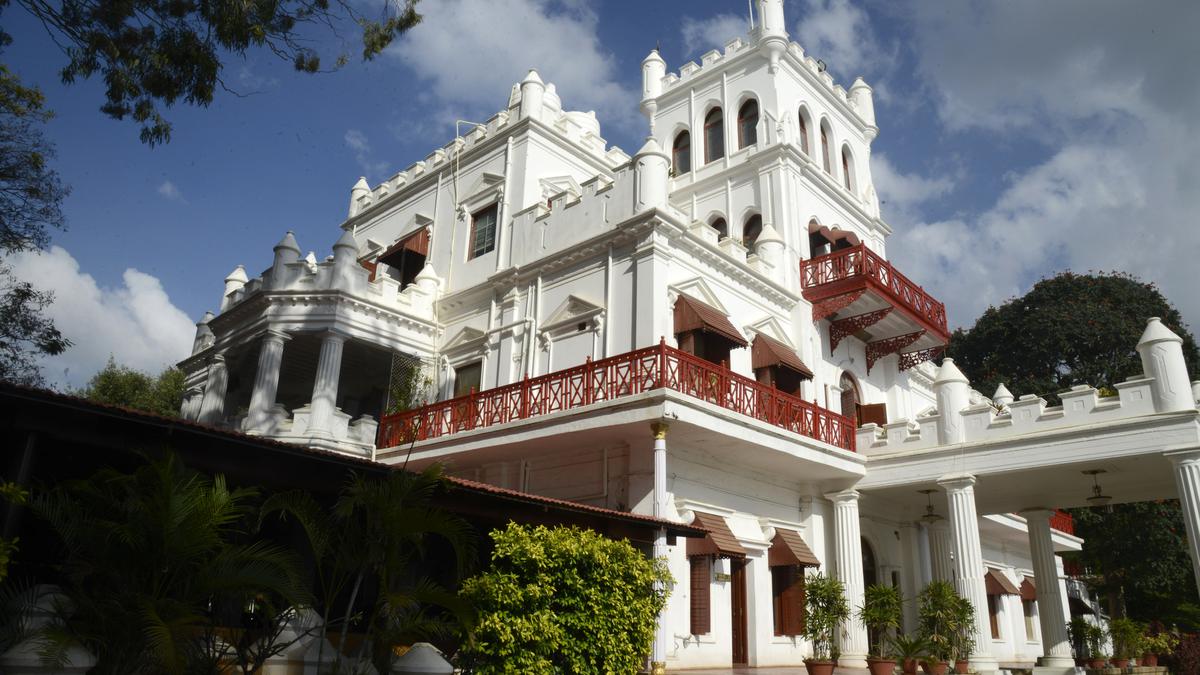
Reservation of private lands for public purposes in master plans will lapse if not acquired within five five-year period: Karnataka High Court
The Hindu
Court declares private property reservation for parks, playgrounds, etc. in KTCP Act 1961 lapses after 5 years.
The High Court of Karnataka has declared that reservation of any private property for the use of parks, playgrounds and other recreation uses, public open spaces, etc., in the revised master plan notified under the Karnataka Town and Country Planning (KTCP) Act, 1961, would lapse after a period of five years from the date of notification if not acquired as per the land acquisition laws within that period.
The court also made it clear that the period of five years for acquiring the reserved private land is binding on the authorities irrespective of when the such land would be made use for the notified public purposes.
“The reservation made in terms of Section (1)(c) of the KTCP Act for parks, playgrounds and other recreation uses, public open spaces, public open buildings and institutions, other than areas reserved for new street developments under Section 12(1)(b), would lapse after a period of five years in terms of Section 69(2) of the Act, if the same were not acquired within the said period by agreement or by initiating proceedings under the Right To Fair Compensation And Transparency In Land Acquisition, Rehabilitation And Resettlement Act, 2013,” the court observed.
Justice Suraj Govindaraj passed the order while allowing a petition filed in 2015 by 82-year-old Maharani Kumud Kumari and 56-year-old Maharaj Himanshusinhji, the wife and the son of late Jyotendrasinhji Vikramsinhji, who are the owners of Jayamahal Palace Hotel in Bengaluru. The petitioners had questioned about legality of notifying their land as green belt zone in the master plan for utilising it for various public purposes.
An obligation imposed on the planning authority to acquire the land designated in the master plan for public purpose under the land acquisition law of 2013 within a period of five years to bring about a balance as the owners of private land would not be able to make use of the properties other than notified purposes during the subsistence of reservation of their land in the master plan, the Court said.
The court also said that when no acquisition is made within a period of five years of such reservation, then the designation would lapse, thereby lifting the restriction on the owner subject to compliance with Section 69 (3) of the Act.
On the lapse of reservation, the court said, the land would not be automatically restored to the status that existed prior to the reservation made in the master plan, but the owner of private lands would have to submit the application to the authorities under Section 69(3) of the Act to make use of the land on the basis of surrounding developments.













